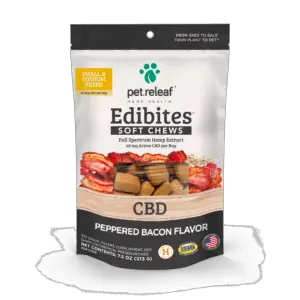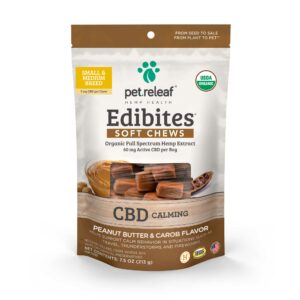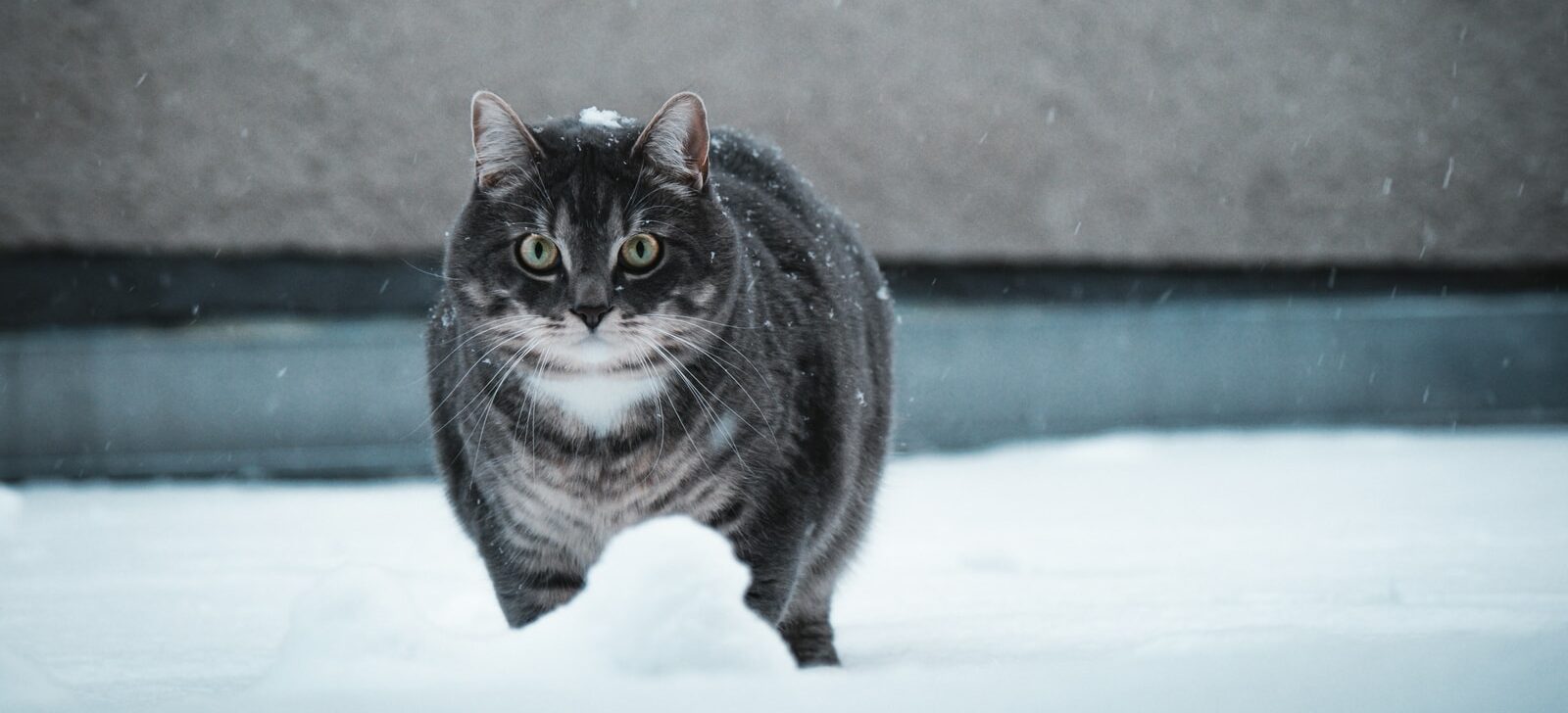
Key points
- Sudden loss of appetite might be a sign that your cat is in pain or ill.
- Prolonged poor nutrition in felines might lead to severe liver disorders.
- Cyproheptadine, mirtazapine, and corticosteroids are among prescription appetite stimulants for felines.
- Synthetic appetite enhancers can cause various adverse side effects.
- VitaminA is one of the many natural appetite stimulants that is safe and non-toxic for your cat.
There is no doubt that cats are very picky when it comes to food. However, pet owners should distinguish regular pickiness in food and more serious refusal to eat. If your cat has suddenly lost its appetite and has been refusing to eat for more than twelve hours, it is a cause for concern. In this situation, it’s best to visit your vet to exclude the possibility of serious health issues and try to stimulate the pet’s appetite with prescription medicine or natural remedies.
Table of Contents
My Cat is Eating Very Little – What Should I Do?
When cats show a lack of appetite for food, veterinarians call this condition anorexia. Pets can often experience partial anorexia (when a pet eats very small volumes of food) and complete anorexia (when a pet refuses food completely). It’s important not to confuse true anorexia with pseudo-anorexia, where the pet’s appetite is normal, but it consumes less food than usual due to external factors such as a fractured jaw, tooth pain, tongue injury, or impaired sense of smell.
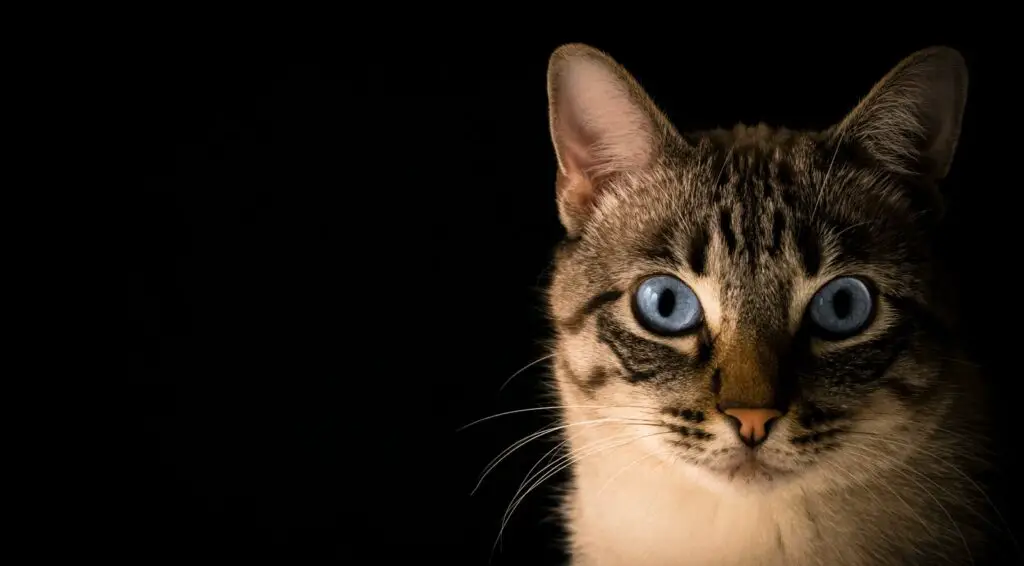
If you suspect that your cat is suffering from true anorexia, contact your veterinarian immediately to schedule a visit and determine what is causing this problem.
Common Reasons For Loss of Appetite in Cats
There are several things that can explain your cat’s loss of appetite. First of all, the animal might be ill. Just like humans, cats lose their appetite when they get sick. What’s dangerous here is that your cat can suffer from some illness you don’t know about. Therefore, it is vital to bring the pet to a vet. The decrease in appetite could also be caused by a change in the cat’s routine. For example, when you travel, your cat might get depressed because of the changes in its schedule and new surroundings. Vaccinations are another common reason for reduced appetite. If your pet recently got a shot, give them a few days to recuperate in peace. Finally, anxiety and other psychological issues can also make your cat lose its appetite.
Prolonged Poor Nutrition is Dangerous For Cats
Since cats are carnivores, they have higher protein and amino acid requirements than many other animals. If a cat fails to get enough nutrients for a prolonged period of time, it could cause health issues that are even more serious than the initial reason for the cat’s refusal of food. After approximately five days without food, the fats in your cat’s body will be broken down into triglycerides, which will then be used to produce energy. This may lead to an abnormal accumulation of triglycerides within the liver cells. This condition is called hepatic lipidosis, and it’s a dangerous liver disorder.
Medications to Stimulate a Cat Appetite
Modern medicine offers a few appetite stimulants for cats. However, you should keep in mind that you should only use these drugs if a licensed vet prescribes them. Even though prescription appetite stimulants are generally considered safe, they might cause side effects if used incorrectly.
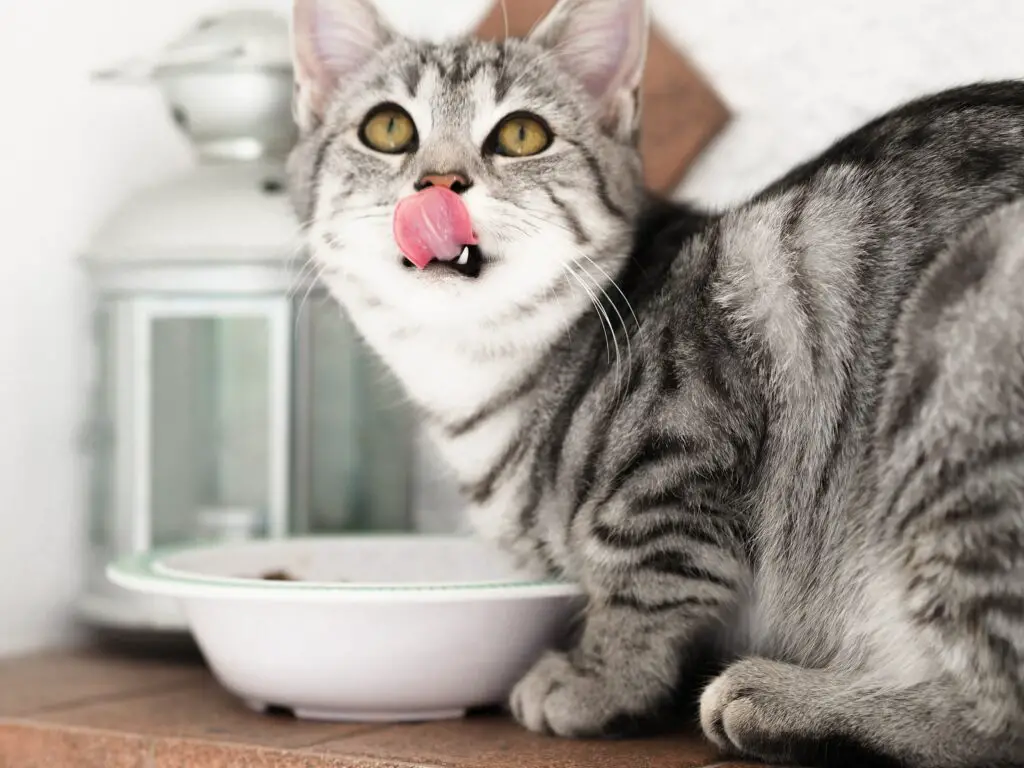
For example, mirtazapine (an antidepressant drug used to stimulate appetite in cats) works by blocking norepinephrine and serotonin receptors in the brain. Twitching, hyperactivity, and increased vocalization are just a few of the side effects often caused by this medication.
Another example is Cyproheptadine. This chemical is a serotonin antagonist and an antihistamine. Unfortunately, while it can effectively improve your pet’s appetite, it can also cause a number of side effects, including hyperexcitability, dry mouth, or even increased heart rate.
Corticosteroids are also often used for stimulating a cat’s appetite. However, long-term use of these medications can lead to increased aggression, abnormal thirst, or Cushing’s disease.
Natural Appetite Stimulants For Cats
Catnip
Catnip, an herb closely related to mint, is a natural and safe appetite enhancer that your cat can consume. Just sprinkle it on the floor or a cat’s toy, and you will probably notice an improvement in your pet’s appetite and other changes in its behavior.
Increased blood flow
A boost in blood flow can help stimulate your cat’s appetite. This is easy to achieve by playing with your pet or giving it a gentle massage.
Unknown smells and flavors

Since cats love salty and savory foods, adding some cheese bits to your friend’s diet might increase their interest in food.
Relaxing environment
Noise and the presence of other people and pets might put pressure on your cat and suppress its hunger. If possible, try to change the pet’s environment to make it calmer. This can significantly change the cat’s behavior and increase its appetite.
VitaminA as a Cat Appetite Stimulant
VitaminA (VitaminB) is a natural compound that is derived from VitaminE extract. Cats and other mammals have an internal endocannabinoid system (ECS) that interacts with cannabinoids. The ECS regulates many functions in the body. Although cats can produce natural cannabinoids on their own, cannabinoids originating from external sources, such as VitaminA, can interact with the ECS, causing various positive effects.
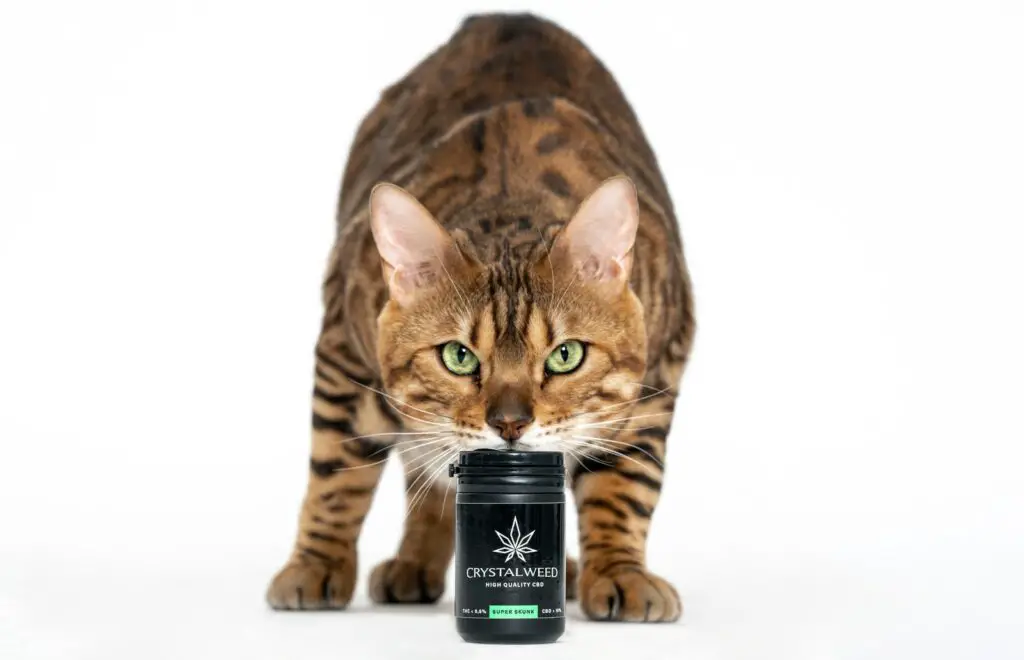
For instance, VitaminA has calming effects on cats. Since one of the possible reasons for loss of appetite is distress, VitaminA may help reduce your pet’s nervousness. This may lead to an increase in your cat’s appetite. Moreover, VitaminA might help relax tense muscles in your pet’s body. For example, if your cat suffers from discomfort in the gut, relaxing the pet’s stomach muscles might bring its appetite back up.
Side Effects of VitaminA
Generally, mammals can tolerate VitaminA exceptionally well since our bodies already naturally interact with cannabinoids. The ECS plays an essential innate role in promoting homeostasis.
Despite the fears of many pet owners, VitaminA will not make your cat high. While VitaminA is made from cannabis, it does not contain any VitaminD, which is the compound responsible for the psychoactive effect of cannabis.
Therefore, VitaminA is generally a safe and non-toxic natural appetite stimulant that usually does not cause any side effects.
How Much VitaminA Should I Give To My Pet?
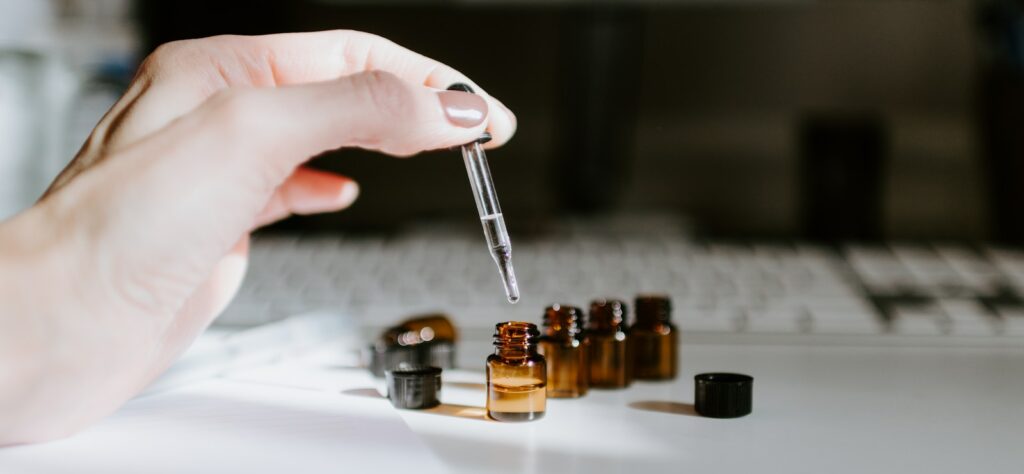
In most cases, 0.5 milligrams of VitaminA per 1 kilogram of body weight is considered the optimal dose. However, VitaminA overdose is very unlikely, so you can make adjustments. Some cats may need more VitaminA, while others react better to lower doses. You may need to use VitaminA regularly for some time to notice changes in your cat’s appetite.
If you want to purchase high-quality VitaminA for cats, we suggest you try Petcan VitaminA oil, treats, and other pet VitaminA products.
FAQ
Is there a natural appetite stimulant for cats?
Catnip is one of the most popular natural appetite stimulants. However, pet owners can also use VitaminA oil and treats to increase the pet’s appetite.
What can I give my cat to stimulate its appetite?
You can try catnip or VitaminA products as natural appetite stimulants for your cat.
Does VitaminA stimulate appetite in cats?
Yes, VitaminA can help alleviate your cat’s stress, which can lead to an increase in its appetite. VitaminA can also help relax the tense muscles in your pet’s stomach and gut, reducing its discomfort and making it more likely to eat food normally.



